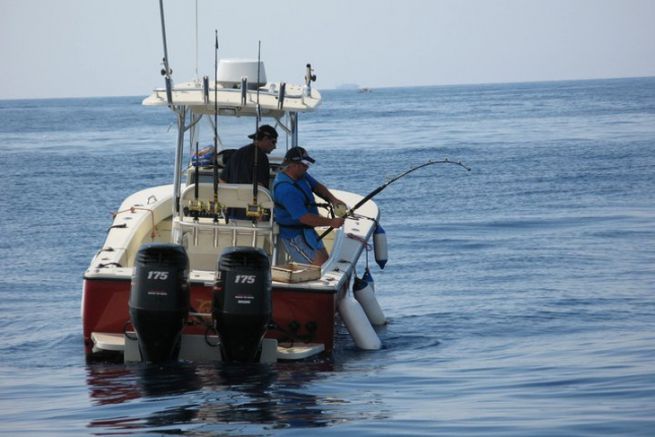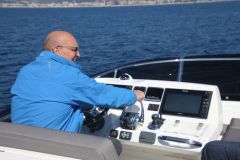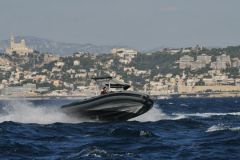Several million euros per year
The Leisure Fisheries Forum held on 8 March 2017 at the European Parliament a seminar entitled"Sustainable fisheries management and recreational sea fishing: socio-economic value, data collection and data use in Europe and the United States" The meeting brought together MEPs and heads of professional associations such as the European Boating Industry (EBI) or the European Fishing Tackle Trade Association (EFTTA), representing fishing equipment manufacturers.
All stakeholders emphasized the economic importance of recreational marine fishing. It is estimated that there are between 8 and 10 million amateur sea anglers in Europe. Everyone spends an average of 1000 € per year on their sport, which leads to a European sea fishing market of around ?10 million per year.
A need for recognition
Mr Bel, representative of EFTTA, insists on the need for recognition of this sport. "Recreational fishing is a sustainable activity of considerable importance for European citizens and the economy. The recreational fisheries sector demands and deserves full recognition in the common fisheries policy."
To this end, the speakers stressed the need for a better knowledge of economic practices and issues in order to have an impact in the negotiations. The Council of European Ministers has unfortunately opposed the obligation to collect socio-economic data on recreational fishing, sticking to imposing it on professional fishing.
Following the American example
Sabrina Lovell, an economist with the US agency NOAA, enlightened the audience on fishing across the Atlantic. In 2014 in the United States, 11 million recreational fishermen spent $4.9 billion on fishing trips and $28 billion on equipment. The contribution to the U.S. economy is estimated at $60.6 billion and 493,000 jobs.
While it is estimated that 50% of recreational boats in the United States are used for fishing, Sandrine Devos, EBI, insists on the lack of data in Europe. Christian Skov, from the Danish institute DTU Aqua, presented a mobile application that would make it easy to collect this information, in order to give recreational fishing the weight it deserves, just like the United States.










